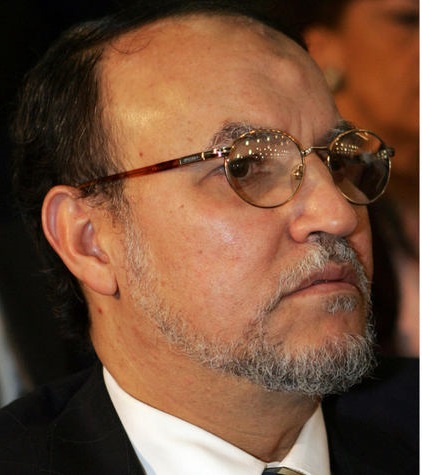CAIRO: Cabinet submitted on Tuesday amendments to the Treachery Act for approval from the ruling Supreme Council of Armed Forces (SCAF), as pressure from political parties mounted over the army council to strip officials proven guilty of political corruption of their right to practice politics for five years.
The draft act was previously amended by Cabinet and submitted in August to SCAF, which disregarded it.
Lt. Gen. Sami Annan met with representatives of political parties Saturday to discuss demands to issue a decree banning former members of the disbanded National Democratic Party (NDP) from contesting the coming parliamentary elections.
This was a priority for Tahrir protesters last Friday when thousands of rallied to "reclaim the revolution" calling on SCAF to announce a clear timeline to hand over power to civilian rule.
The Treachery Act, political parties contend, will take too long implement and hence have demanded a decree effective immediately.
SCAF has yet to respond to this demand.
Article 1 of the Treachery Act states that it will be imposed on public officials, ministers, civil servants, parliamentarians and members of local councils who committed or took part in any act likely to corrupt political life and threaten the country’s interests.
Among other criminalized acts is the misuse of power to acquire a public position for oneself or for others.
The amended Treachery Act — which was originally drafted in 1952 following the revolution — aimed to criminalize former regime officials in cases of political corruption.
Penalties introduced in the amended version include dismissal from leadership positions; disqualification from parliamentary and local council membership; voting ban as well as a ban on contesting general elections, joining political parties or holding senior official positions.
Individual can be prosecuted by evoking the Treachery Act in one of two ways: the Prosecutor General may directly file a lawsuit against the person; or a third party may file a compliant to the prosecutor with circumstantial evidence of wrongdoing to support his complaint.
Such cases fall under the jurisdiction of criminal courts.


